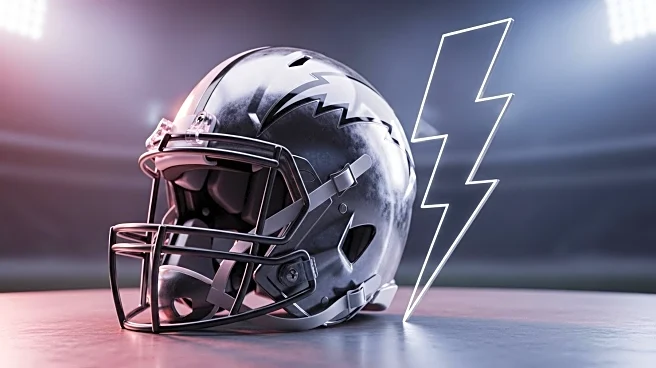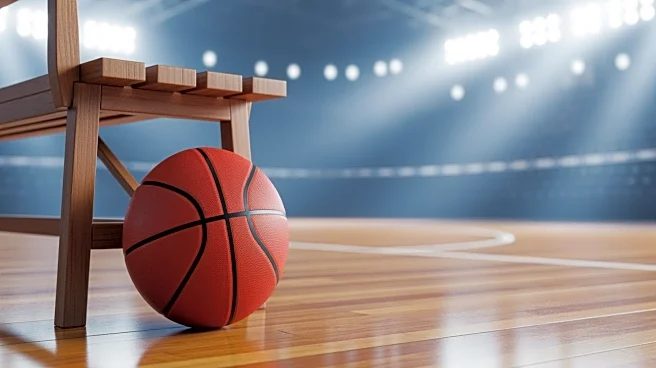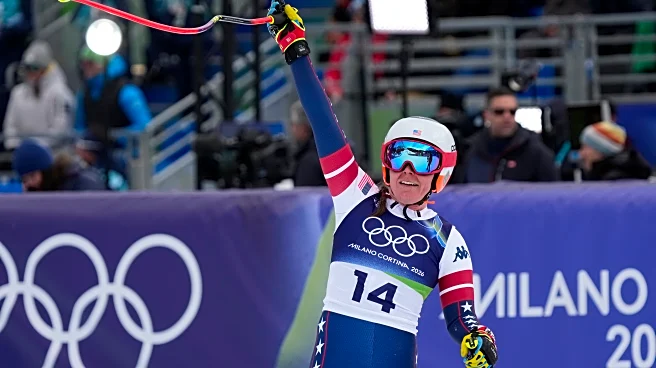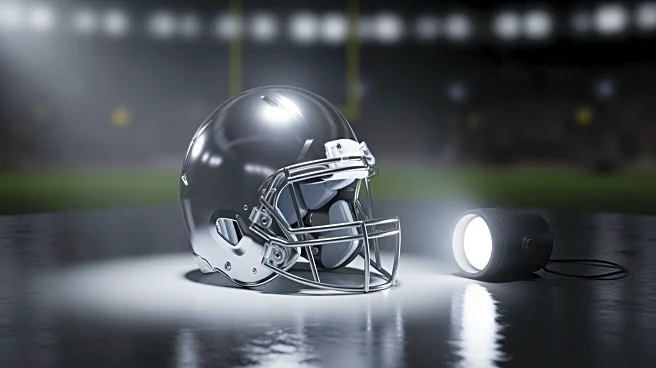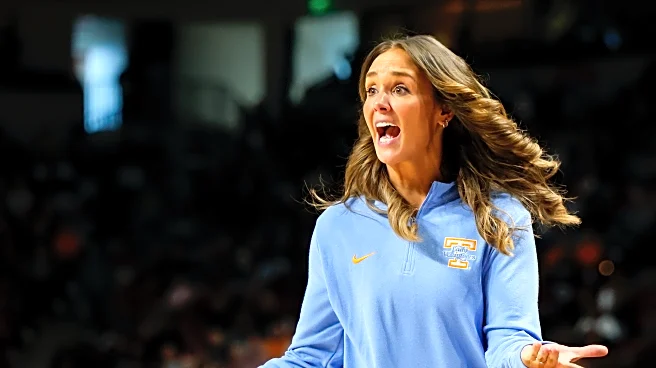What's Happening?
The Los Angeles Chargers have acquired outside linebacker Odafe Oweh from the Baltimore Ravens, along with a 2027 draft pick, in exchange for safety Alohi Gilman and a 2026 draft selection. Oweh, who was a first-round pick in 2021, had a successful stint with the Ravens, posting career highs in sacks, tackles for loss, and quarterback hits last year. Despite his performance, he did not receive a contract extension, leading to uncertainties about his future with the Ravens. The Chargers, facing injuries on their defensive line, particularly with Khalil Mack on injured reserve, are looking to Oweh to fill the gap and enhance their pass rush capabilities.
Why It's Important?
The acquisition of Odafe Oweh is significant for the Chargers as they aim to strengthen their defense amidst injuries. Oweh's ability to pressure quarterbacks and his familiarity with several members of the Chargers' organization could provide a seamless transition and immediate impact. His addition is expected to complement Tuli Tuipulotu, who currently leads the team in pressures. For Oweh, this move represents an opportunity to prove his worth in a new system and potentially secure a long-term position with the Chargers. The trade also highlights the strategic moves teams make to address immediate needs and improve their competitive edge.
What's Next?
Odafe Oweh is expected to join the Chargers' rotation against the Miami Dolphins, as confirmed by coach Jim Harbaugh. With 12 games left in the season, Oweh has the opportunity to demonstrate his value and earn a permanent spot on the team. The Chargers will be closely monitoring his performance, particularly his ability to convert pressures into sacks. The team's defensive strategy may evolve as Oweh integrates into their system, potentially impacting their overall performance in upcoming games.
Beyond the Headlines
Oweh's transition to the Chargers could have deeper implications, such as influencing the team's defensive strategies and player development approaches. His familiarity with the Chargers' coaching staff and players may facilitate a quicker adaptation, potentially leading to improved defensive cohesion. Additionally, this trade underscores the interconnected nature of NFL teams, where personnel moves often reflect broader organizational strategies and relationships.
